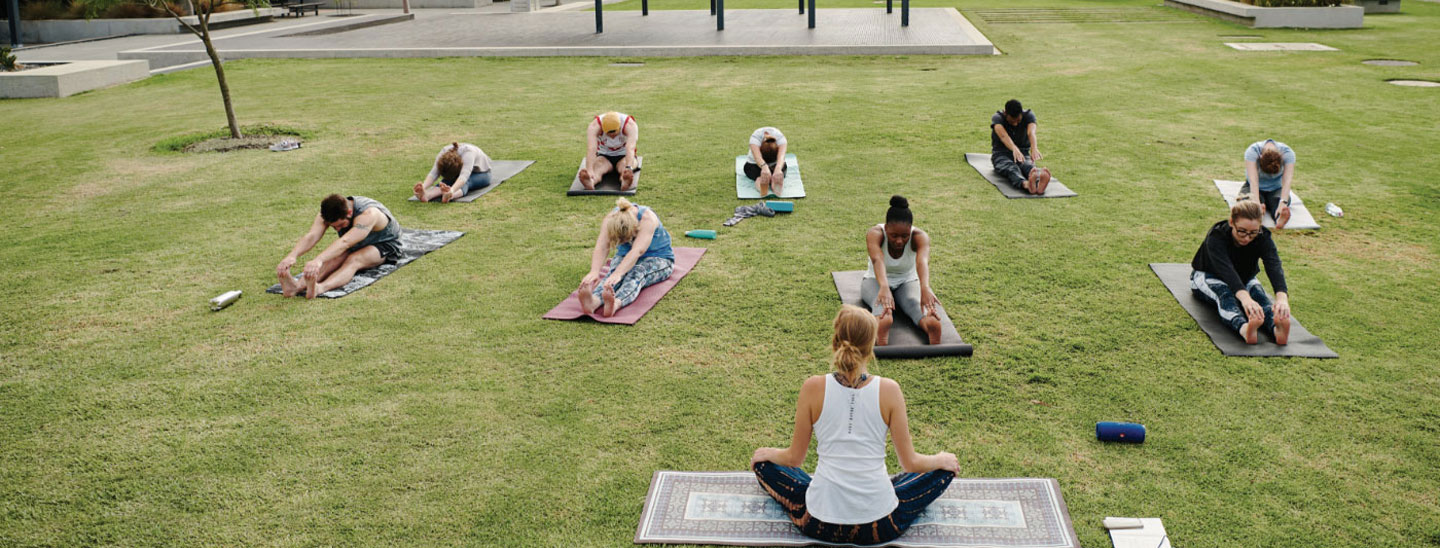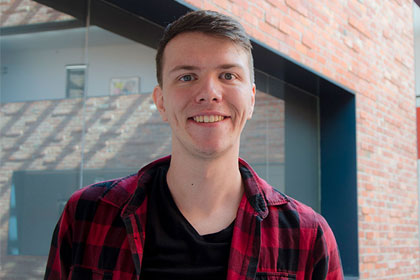Alcohol and wellbeing
How much you drink or whether you drink at all is your choice
Alcohol is a socially acceptable and widely used recreational drug in Australia. Many students choose to use alcohol when celebrating, socialising or just relaxing. Moderate consumption of alcohol is fine; however, overuse or abuse of alcohol can have many negative effects on your health, wellbeing, and your academic performance at Deakin.
Here are Australian guidelines on managing your alcohol intake.
If you’re a healthy adult:
- On any day, you should not drink more than 2 standard drinks – following this guideline will reduce your risk of alcohol-related disease or injury over your lifetime.
- On a single occasion, you should not drink more than 4 standard drinks – following this guideline will reduce your risk of injury and death on that occasion.
You can prepare yourself to make healthy choices and informed decisions about alcohol by understanding alcohol-related harm and ways to reduce it. No level of alcohol consumption can be considered safe for everyone, and regular consumption can have long term health effects. Learn more about the effects here.
If you have an unhealthy relationship with alcohol, seek Counselling advice here.
For a healthy mind
Because life can get stressful sometimes
As a student, you may have many competing demands in your day-to-day. You’ll be balancing study, work, financial, family and social commitments, all while adjusting to a new environment.
Learn to manage stress: Take regular breaks from study sessions, stay physically active, eat well and stay hydrated. Ask our Support team for help finding study methods that work best for you. You can also manage stress by managing your time well – be prepared and organised, attend all your classes, and start assignments early so they don’t become a source of anxiety.
Balance your commitments: It’s important that you have a life outside of study, including social, family and cultural connections. It can also involve spiritual fulfilment or part-time employment. Each of these areas of your life can provide a sense of belonging and purpose, which can go a long way toward reducing stress and improving your sense of confidence and self-worth.
Making connections: Deakin College can give you plenty of opportunities to make connections. Our ‘A day in the life ’ page is a great place to start. For a spiritual connection, you can always visit our Multifaith Chaplaincy. If you’re considering a part-time role while you study, check out our Working & Studying page for some valuable advice.
Get an early night: You won’t do your best work if you are too tired. Getting enough good quality sleep is vital to feeling and performing your best.
Some tips include:
- Create a bedtime routine. Do the same things in the same order every night to signal to your body that it’s time for sleep. This includes going to bed at the same time every night!
- Don’t study or work in bed. Your bedroom should be a peaceful space, clearly separate from any work or study zone.
- Keep your sleep space quiet, dark and cool for the best quality sleep.
- Take naps – but not too close to bedtime, and not for too long.
- Avoid eating and avoid drinking caffeine too close to bedtime.
- Avoid doing all-nighters if you can. You might think you are being productive, but trust us, it is counterintuitive!
If you struggle with any of the above, please get in touch with Deakin College Support or Counselling services. They are always there to help.
Creating a healthy space
A good study environment can make a world of difference
To succeed in your studies, it’s important to think carefully about your study space.
- Is it a comfortable, quiet environment where you can concentrate?
- Is it set up so that you can sit happily for long periods of time?
- Does it have sources of natural light and enough airflow to be a comfortable temperature and provide you with fresh air?
A few small changes to your environment can support your happiness and wellbeing. This includes your living space. A health living space is one that is:
- Free from clutter and mess
- Well lit, with fresh air and natural light
- Cleaned regularly to eliminate germs and household toxins
- Decorated with things that bring you joy – whether it’s a family photo, artwork, or brightly coloured pillows and blankets
Plants and fresh flowers can bring a lot of life into a space. Some varieties can even help keep the air cleaner!


